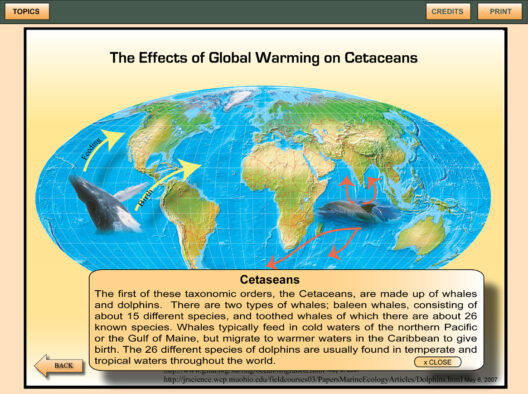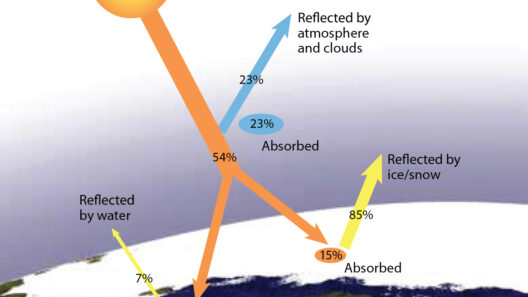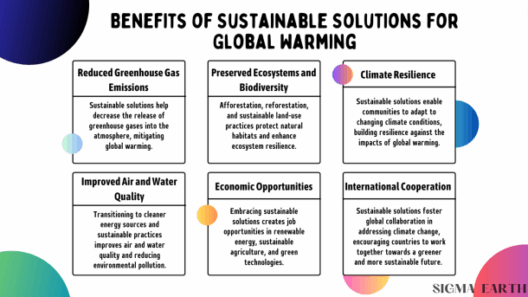Amidst the cacophony of climate debates, an unexpected humor has emerged—one that punctuates the grave discussions surrounding global warming with levity and poignant irony. “A Funny Thing Happened on the Way to Global Warming” is more than just a tongue-in-cheek observation; it’s a reflection of the absurdity with which humanity often confronts its most pressing issues. With the earth’s thermostat rising and an array of alarms sounding, the humor interspersed with stark reality serves as both a coping mechanism and a clarion call for action.
To delve into this humorous paradox, one must first establish the context. The narrative of global warming is akin to a dark comedy, where the protagonist (humanity) repeatedly stumbles into predicaments of its own making. Whether it’s an eco-conference held in a lavish hotel, replete with excesses that would make any environmentalist cringe, or well-meaning activists preaching about the merits of sustainability while sipping on non-recyclable coffee cups, we often find a fine line between tragicomedy and reality.
Consider the metaphor of the “boiling frog,” a classic illustration of desensitization to change. If one were to plop a frog into boiling water, it would leap out immediately to escape the searing heat. However, if that same frog is placed in tepid water gradually heated to a boil, it remains oblivious until it’s too late. Humanity finds itself in a similar scenario—our planet’s gradual warming has lulled us into a stupor. We chuckle as we sip our iced drinks on sweltering summer days, unaware that each laugh fills an ozone hole larger than our awareness of its existence.
The comedy of errors doesn’t stop there; irony permeates the fabric of our climate narrative. Take, for instance, the rise of climate influencers—individuals whose platforms rally for environmental consciousness while being ensconced in eco-discord. From lavish lifestyles filled with exotic destinations to their penchant for conspicuous consumption, these figures epitomize the paradox of advocating for a greener planet while emitting carbon footprints that rival small countries. They become the jesters of this climate court, calling for change while paradoxically contributing to the very crisis they seek to address.
Another layer of humor emerges in our communication about climate change. Phrases like “climate crisis” are often met with smiles and casual disdain, as if the concept of ecological catastrophe were akin to a whimsical plot twist in a romantic comedy. In reality, the impending doom serves as the tragic backbone of our environmental narrative. Yet, memes proliferate, portraying melting ice caps as “nature’s way of giving us the ultimate spa experience.” This manner of address not only lightens the mood but highlights the dissonance between perception and reality—a duality that begs for examination.
Then there’s the phenomenon of greenwashing. Corporations, in a fervent attempt to appear environmentally conscious, develop flashy campaigns touting their commitment to sustainability while their core operations churn out ecological degradation. Such practices are reminiscent of stage magic—smoke and mirrors that distract from the reality behind the curtain. Companies conjure images of green initiatives, reminiscent of pop-culture superheroes swooping in to save the earth, yet upon closer inspection, one finds the villainous roots of ecocide just beneath the surface.
It’s with this lens that we must scrutinize our own behaviors, too. There is a peculiar humor in the prominence of “eco-friendly” products, created in facilities that contribute directly to the issues they supposedly mitigate. Picture a plastic bottle adorned with leaves, proudly proclaiming its biodegradability while existing along the same conveyor belt that churns out its non-eco counterparts. The juxtaposition beckons a laugh, yet it packs an undertow of alarming resonance. We delight in our small victories, forgetting how misplaced our priorities can be when becoming an eco-warrior seems as easy as purchasing the latest sustainable trinket.
As we weave through the comedic facets of global warming, it’s imperative to spotlight the poignant moments—the heartfelt efforts and the passionate advocates tirelessly working toward a sustainable future. Therein lies the unique appeal of this comedic narrative; it offers a dual lens. While irony and absurdity dominate, they are laced with an undercurrent of consciousness that beckons reclaiming agency and collective responsibility. The laughter serves as a substrate for dialogue, a softening of the fierceness that often characterizes environmental activism and discourse.
Ultimately, as we navigate this rather existential comedy—an uncanny spectacle of our own making—the crux remains in awareness and action. The paradox larval in jest must metamorphosize into commitment. While humor may buoy our spirits and foster conversation, it should not distract from the urgency of the climate crisis. Instead, let it act as a luminous thread intertwining our narratives—a reminder to comprehend, engage, and act amidst the absurdities that define our ecological journey.
In the end, amidst the pun-laden critiques and the ironic observations, global warming is a serious conversation cloaked in humor. This fusion of mirth and gravity urges society to glean insight from irony while taking determined steps forward. Each laugh serves as an invitation to rethink our roles within the ecological tapestry we all inhabit, paving the way for a collective transformation toward a sustainable future devoid of comedic distance.







